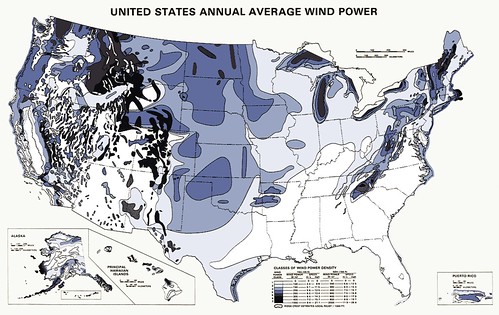


I’ve been writing diaries here as a matter of praxis, that is, bringing theory and practice together as dialectically critical action, this is yet another attempt to make the somewhat odious task of understanding the core of marxist thought and applying it to coherent contemporary circumstance. This example shows the fundamental problem in taking an oppositional stance to capitalism as anti-capitalist thinking, how to discuss the alternatives as types of post-capitalism, and what comes afterward in terms of development. One first must understand the materialist approach to history and see capitalism’s place. Human development as cultural/social development laid upon nature’s development is always sets of uneven development even in terms of the prehistoric, knowing that many different versions of humanoids did at some moments live in parallel, some evolving to survive and others not, in a godless ecological struggle. Similarly uneven development exists for each of the historical stages of human social/economic development often described as Modes of production and the Five stages of history. Where it can get complicated is specifying the forces of production.
History can be described as divided into these stages
2.1 Primitive Communism
2.2 Slave Society
2.3 Feudalism
2.4 Capitalism
2.5 Socialism
2.6 Communism
We can still see echoes of more primitive relations even today in the informal economies of barter as forms of primitive communism and the indentured labor of some immigrant labor whether in this country or others. Enslavement exists in many forms in these uneven developments whether as actual human ownership in sex traffic or wage slavery as in globalized mass-market, corporately-owned consumer industries. Socialism or collective ownership of the means and forces of production has been achieved at various historical moments with varied success and failure and always exists as a non-totality in that other historical stages have and continue to exist in an uneven relationship and in various evolutionary forms.

This diary’s example will be of necessity a schematic version applied to the current situation of wind energy production in the United States signifying those uneven stages of historical development
The economy in which these modal stages are situated have three moments: production circulation consumption, which as a circuit reproduces itself. that is. each consuming moment induces a new, subsequent producing moment, much like the dialectic of thesis, antithesis, and synthesis producing a new thesis.
Writers who identify with historical materialism usually postulate that society has moved through a number of types or modes of production. That is, the character of the production relations is determined by the character of the productive forces; these could be the simple tools and instruments of early human existence, or the more developed machinery and technology of present age. The main modes of production Marx identified generally include primitive communism or tribal society (a prehistoric stage), ancient society, feudalism, and capitalism. In each of these social stages, people interact with nature and produce their living in different ways. Any surplus from that production is allotted in different ways. Ancient society was based on a ruling class of slave owners and a class of slaves; feudalism was based on landowners and serfs; and capitalism based on the capitalist class and the working class. The capitalist class privately owns the means of production, distribution and exchange (e.g., factories, mines, shops and banks) while the working class live by exchanging their socialized labour with the capitalist class for wages.

In order to apply this to wind power, the task is to project those stages as simply as possible. Wind is basic yet necessarily tied to other natural factors of production in terms of marine or terrestrial environment. It appears greater in various locations yet even those quantities are not consistent even seasonally and as a natural resource are difficult to capitalize upon. More problematic is its availability as seemingly costless, yet also impossible to accumulate in any surplus in its natural form, hence its designation as a common-pool resource. If you put up a windmill you are being a primitive communist until the height or appearance interferes with your neighbors. As you derive power whether as grinding mill, water pump, or electrical generator, you accumulate various types of materially transformed surplus. Its subsequent transformation into “wind capital” comes in the means by which power is produced and its relation to the entire productive circuit. In the mercantile or feudal case of grinding grain or pumping water it comes from being one part of producing other goods, whereas as under capitalism it can be not only an industrialized farm but as in the case of mineral exploitation, speculative contracts auctioned off among capitalists over a very long cycle of manufacturing, siting, and operating. These are of necessity coexisting uneven developments whether you have a single subsistence farm windmill in the Southern Hemisphere or a massive industrial wind farm fueling a national energy grid in the Northern Hemisphere. As has been mentioned here and elsewhere in DK, alternative capital accumulating organizations with a public/social purpose, whether organized cooperatively or collectively continue to emerge with varying success to resist the hegemony of capitalist energy corporations. Just as the development of the Cape Wind turbine farm off the shore of Massachusetts is less about the capital and labor needed for construction or the deconstruction of class narratives about environmental hazard or aesthetic blight, than the fictive capital embodied in auctioned speculative leases and their relation to the corporate energy oligopoly of the New England electricity grid. Unevenness occurs in the scale of such endeavors since the NIMBY-ness of small scale backyard wind turbines ranges from the quaint reproduction of historical windmills to the pathological fear of eyesores, noise, and dead birds.

